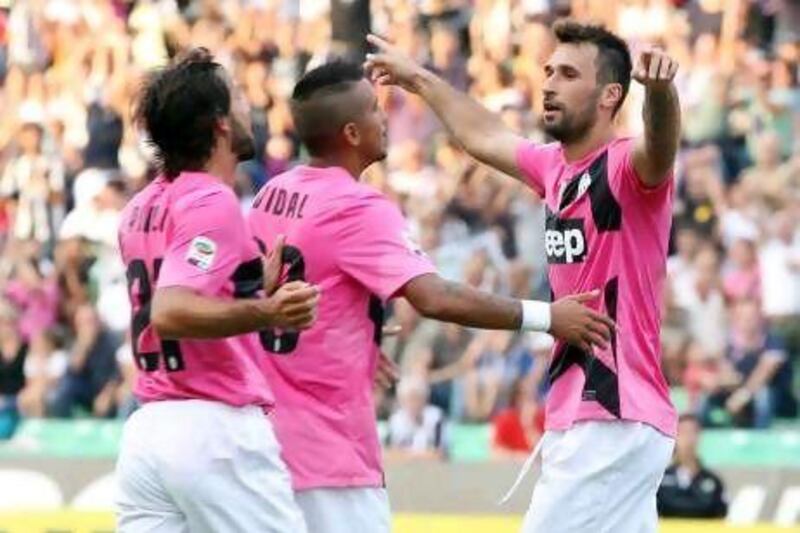The Uefa Champions League celebrates its 20th anniversary this season. It has much to be self-satisfied about.
It has become an enormously successful juggernaut, thriving financially, thanks to global television audiences.
It is respected above any other competition in club football by players and coaches.
It has swelled in size, and with that enlargement, made those who pushed for its formation, the elite clubs of Europe, insecure at times when they see their high status endangered.
In Italy, above all, the 20th anniversary is cause for reflection.
Back in the early 1990s, when the old knockout version of the European Cup was being remoulded into mini-leagues, Serie A clubs reigned.
The first six seasons of the Champions League all featured an Italian club in the final.
Either it was AC Milan in those days or it was Juventus. In the 10th season of its existence, the Champions League final was contested between Juve and Milan.
Next week, Juve and Milan embark again on the group stage but they represent a domestic league that in the context of Europe's principal club tournament, feels vulnerable. Time was that Italy would confidently send a quartet of clubs into the last 16 with swaggering confidence.
Now, only two Italians are even in the starting 32, a lower ratio of the total cast list than France or Portugal boast, let alone Spain or England.
Juve and Milan need a lengthy run in Europe to arrest an impression that Serie A is declining on the stage it once commanded.
Follow us
[ @SprtNationalUAE ]






